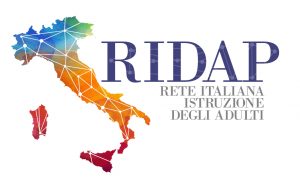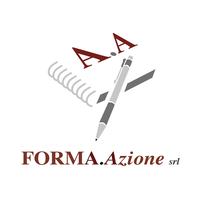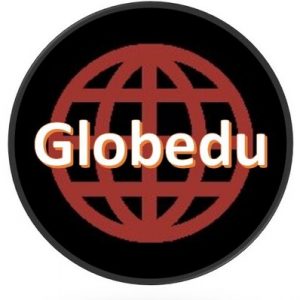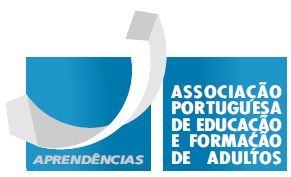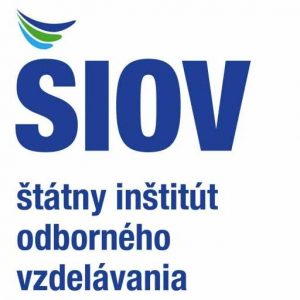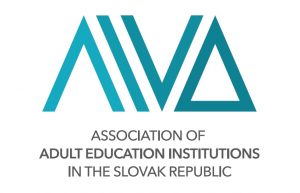Project ONE
ONE reinforced the quality of Adult Education (AE) and its relevance in terms of social inclusion in Europe, by providing capacity building support to existing national networks of AE providers in Italy, Portugal and Slovakia with reference to specific themes: Guidance services, Reaching out and active engagement of adults in both education and validation processes, Validation of non-formal and informal learning, Soft and basic skills for inclusion and active citizenship.
The ONE multi-stakeholder partnership, involving organizations and public authorities from project countries, pursued this objective by using the European Peer Review methodology, which has proven to boost cooperation among educational actors and be a valuable opportunity for mutual learning and professional growth of all the parties involved.
To learn more about the ONE results and impact, join the ONE Community of Practices on LinkedIn and discover how to become a member here.
Goals
International networks
Provide capacity building support to existing national or regional networks of adult education providers, and improve their cooperation at European level, so to make them more effective in combating social exclusion, poverty and unemployment.
Cooperation
Fostering cooperation and mutual learning between different providers and relevant stakeholders on specific themes in adult learning by using and enhancing the European Peer Review methodology in adult learning.
Challenges
Lack of access to quality learning and validation opportunities for low-skilled adults. Generally, in Europe, to a large proportion of low-skilled adults and a low rate of adult participation in learning corresponds a limited training provision, even considering the heterogeneity of these groups in terms of characteristics and needs (i.e. unemployed, migrants, women etc.).
Fragmentation of adult education systems and the linked lack of cooperation through and within national networks. Despite both the European Commission and the Member States provide adult education systems with specific policies to address low-skilled adults’ needs, the actual implementation of these policies depends on the quality of the work of the Adult Education actors, as well as from the effectiveness of their cooperation.
Adult education professionals are not always able to face all the challenges that they have to deal with, on daily basis, especially if they work as single entity or they are not actually supported by a network.
Topics
Information, outreach and active engagement of adults in education and validation processes
it’s necessary to make special efforts to reach out to individuals who need special motivation, and lifelong guidance and support, especially those furthest away from the labour market or education and training. Creative and effective ways to reach out to potential learners will guide adult education providers staff in planning and delivery this service. To learn more, download the booklet on Outreach
Guidance
low-skilled need to receive holistic and personalised advice and guidance, because they often do not know enough about the implications related to learning as adults and they also have the choice between many different learning opportunities. Many different providers and approaches to teaching and learning are at disposal and adults with low skills need support in identifying their training needs and in understanding which type of training is most appropriate for them. Moreover, they need advice on how to tackle any barrier to participation. To learn more, download the booklet on Guidance
Validation of non-formal and informal learning – VNFIL
adults may have low qualification levels, but may have gained skills through years of work-experience that are equivalent to those associated with formal qualifications. The recognition of these skills through validation and certification can benefit individuals, employers and the economy. To learn more, download the booklet on VNFIL
Development of basic skills and transversal competences for inclusion and active citizenship
it is necessary also to take care of developing soft skills, intended as skills that everyone has and that everyone uses, like the ability to work in team, leadership, creativity, self-motivation, the ability to make decisions, time management and problem-solving. As it becomes more difficult to predict what will become the hard skills of the future, so soft skills need to be given more emphasis. To learn more, download the booklet on Basic Skills
Who we address
Adult education managers, teachers and trainers belonging to National networks
ONE foresees the involvement of at least 150 Adult Education professionals in Italy, Portugal and Slovakia, in the different training, Peer review, mutual learning, piloting activities, to enhance their competences and increase the professionals’ attitudes towards cooperation and networking with relevant Adult education stakeholders.
Policy makers in adult learning
4 representatives of regional/national policy makers per Country participate to the Study Circles; 2 per Country are part of the National Stakeholders Committees, in order to offer partnership an expert feedback about project outputs during the whole duration of the project; other representatives (about 10 per Country) are involved in Peer Review and impact evaluation activities to assess and re-define the contribution of the ONE project in EU policies implementation.
Learners in adult education
Adults with low skills are less than half as likely to participate in adult learning as those with higher skills. ONE improves the performance of national networks on implementing EU policies at grassroots level, so to produce a specific impact on engagement, motivation and training provisions for adult learners – particularly low-skilled ones – leading to a greater participation in learning and validation opportunities.
